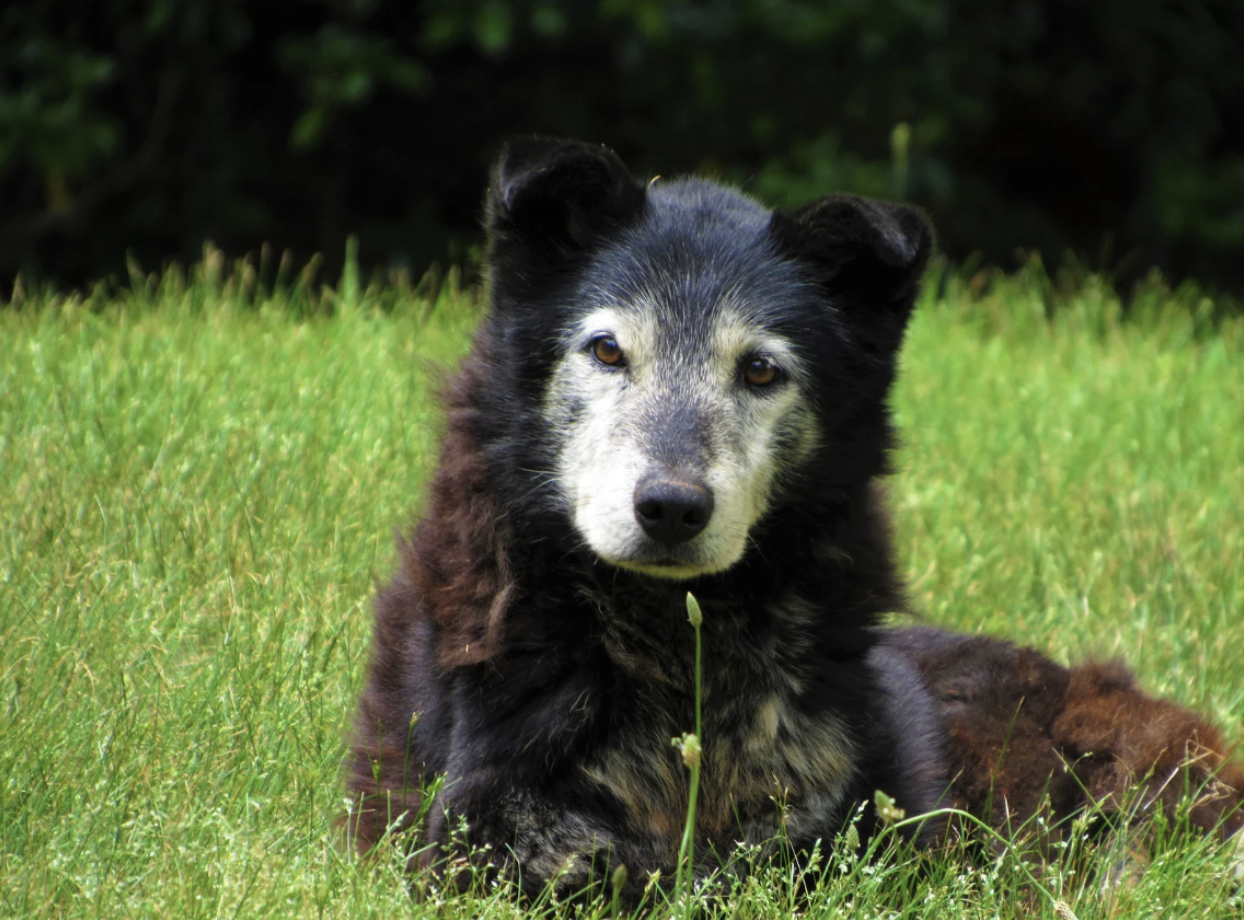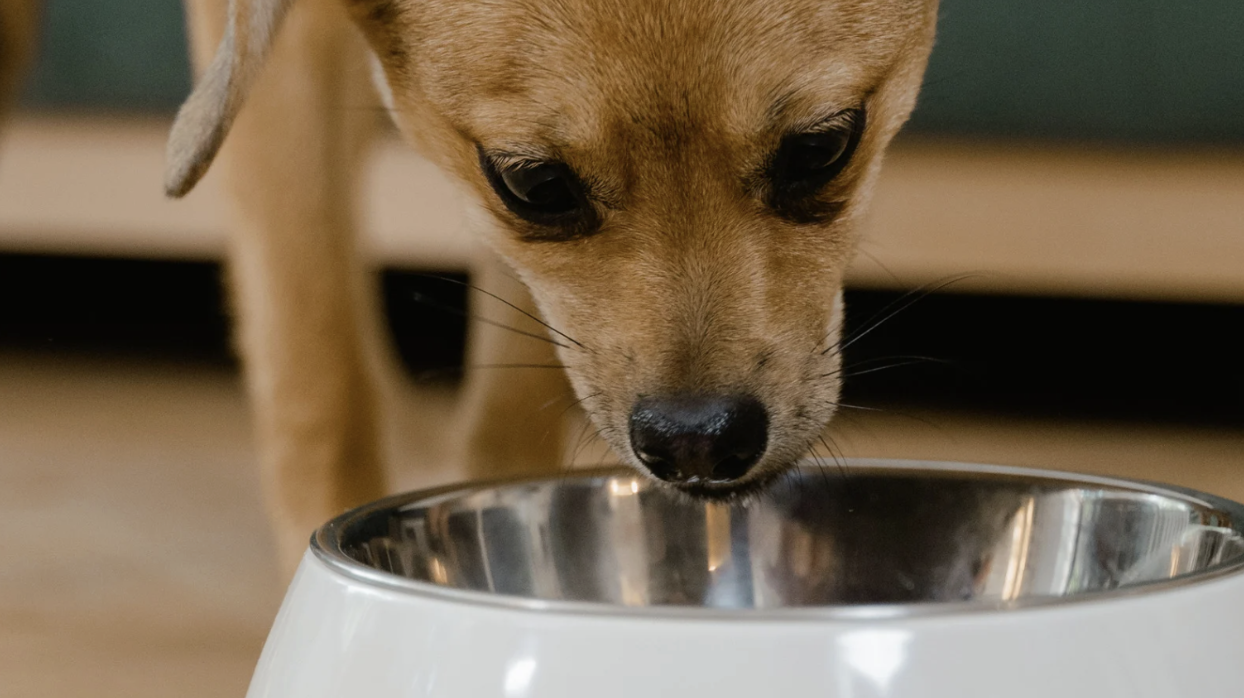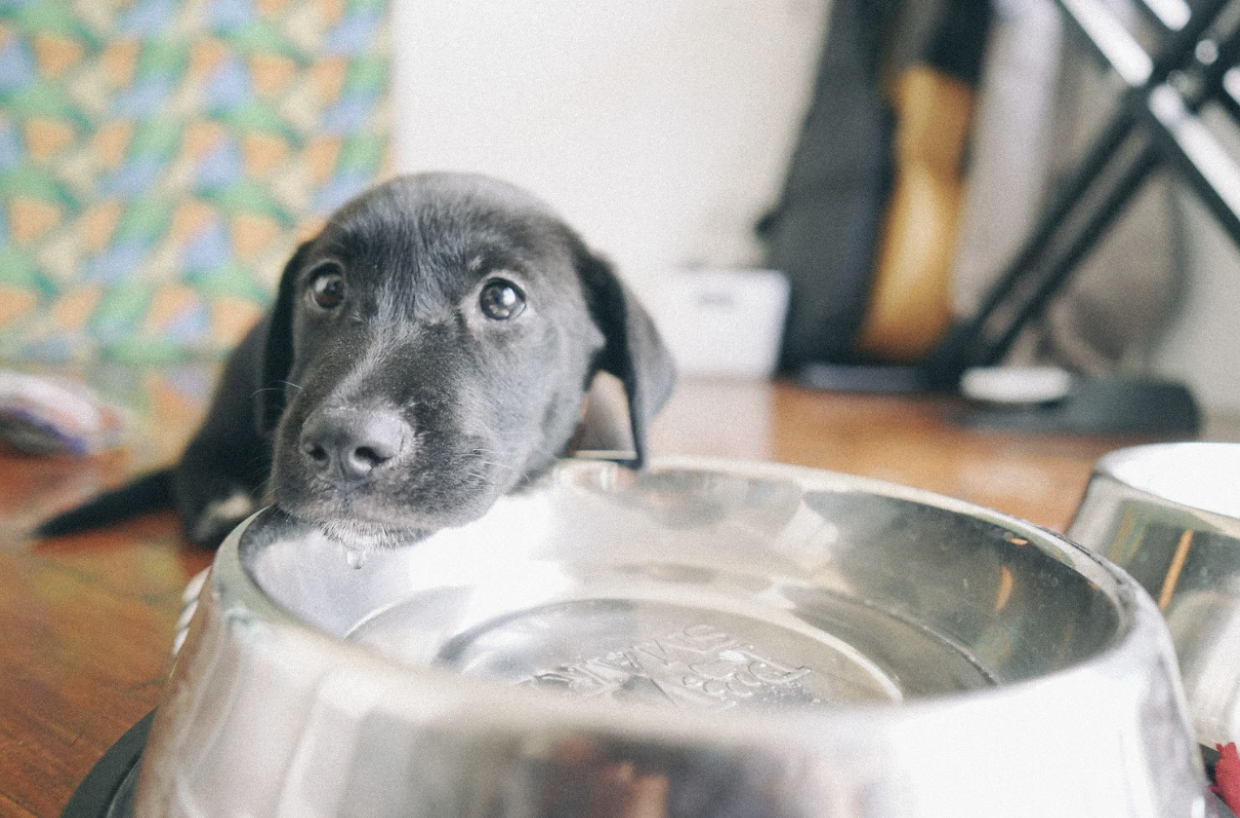

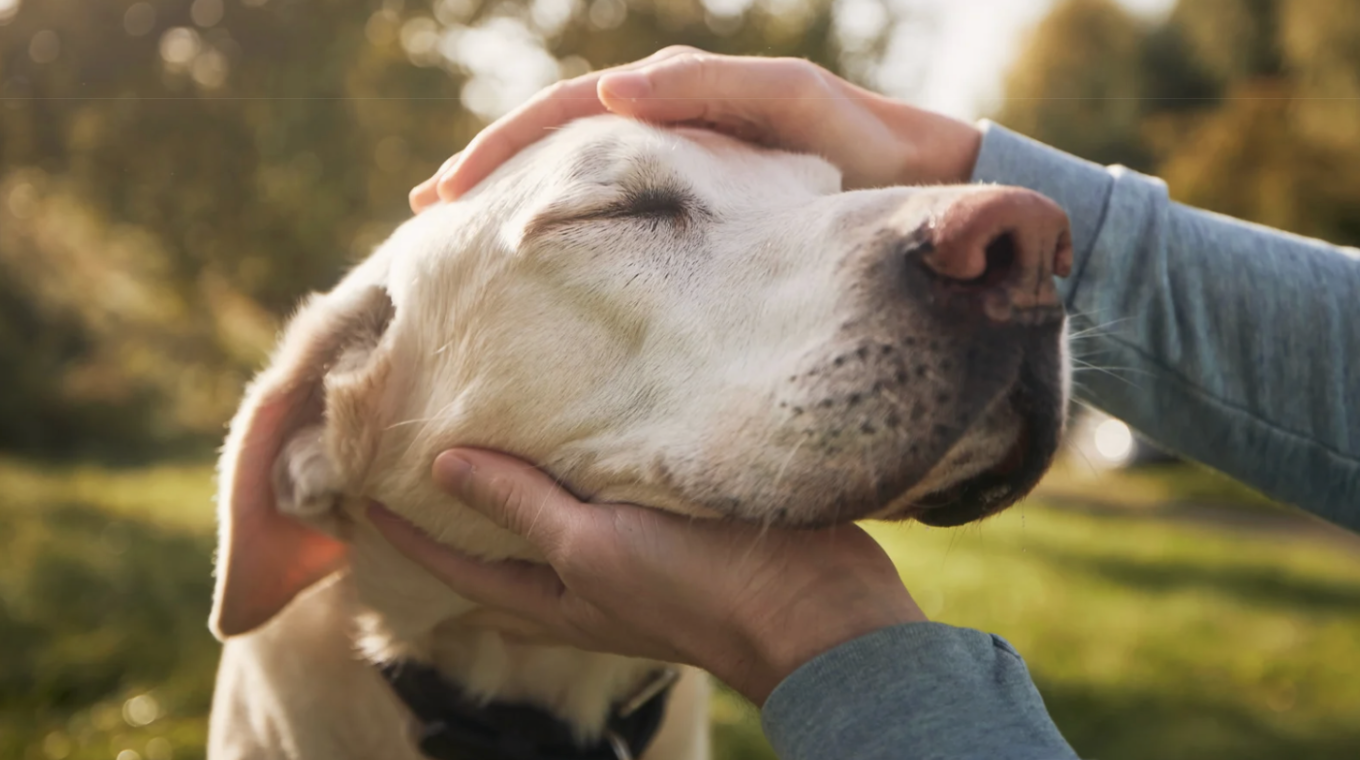
Senior dogs require extra care and attention as they age. From vision changes to reduced metabolism and joint health, understanding your aging dog’s needs is key to ensuring they live a long, happy life. This guide outlines essential care tips, from diet adjustments to joint support, safe environments, and regular health checks. We also highlight how personalized freeze-dried meals like Petsona's can make a big difference. Certified by AAFCO and FEDIAF, Petsona’s meals retain 90% of nutrients, making them a trusted choice in Hong Kong's pet food market. Learn how to adjust your care routine and feeding habits to keep your aging dog comfortable and thriving.
As dogs enter their senior years, typically around age 7 for larger breeds and 10 for smaller ones, their physical and cognitive functions start to decline. They may experience reduced mobility, declining eyesight, slower metabolism, and even cognitive dysfunction. Adjusting your care approach early can significantly improve their quality of life. This includes revisiting their nutrition, home environment, and exercise routines.

Senior dogs often face vision issues, including cloudiness, white pupils, or cataracts. While cataracts aren't reversible, a diet low in sugar can help prevent diabetes, a common underlying cause. Support your dog’s navigation by diffusing non-toxic essential oils in rooms to aid scent mapping. Clear pathways, gentle lighting, and familiar arrangements also help them feel secure and confident.
Older dogs lose muscle mass and have lower metabolic rates, making them more sensitive to cold. Provide warm bedding off the floor and avoid direct drafts. Consider non-slip surfaces like yoga mats in high-traffic areas to prevent falls and ease joint stress. Simple changes can dramatically improve comfort and safety in your dog’s daily life.
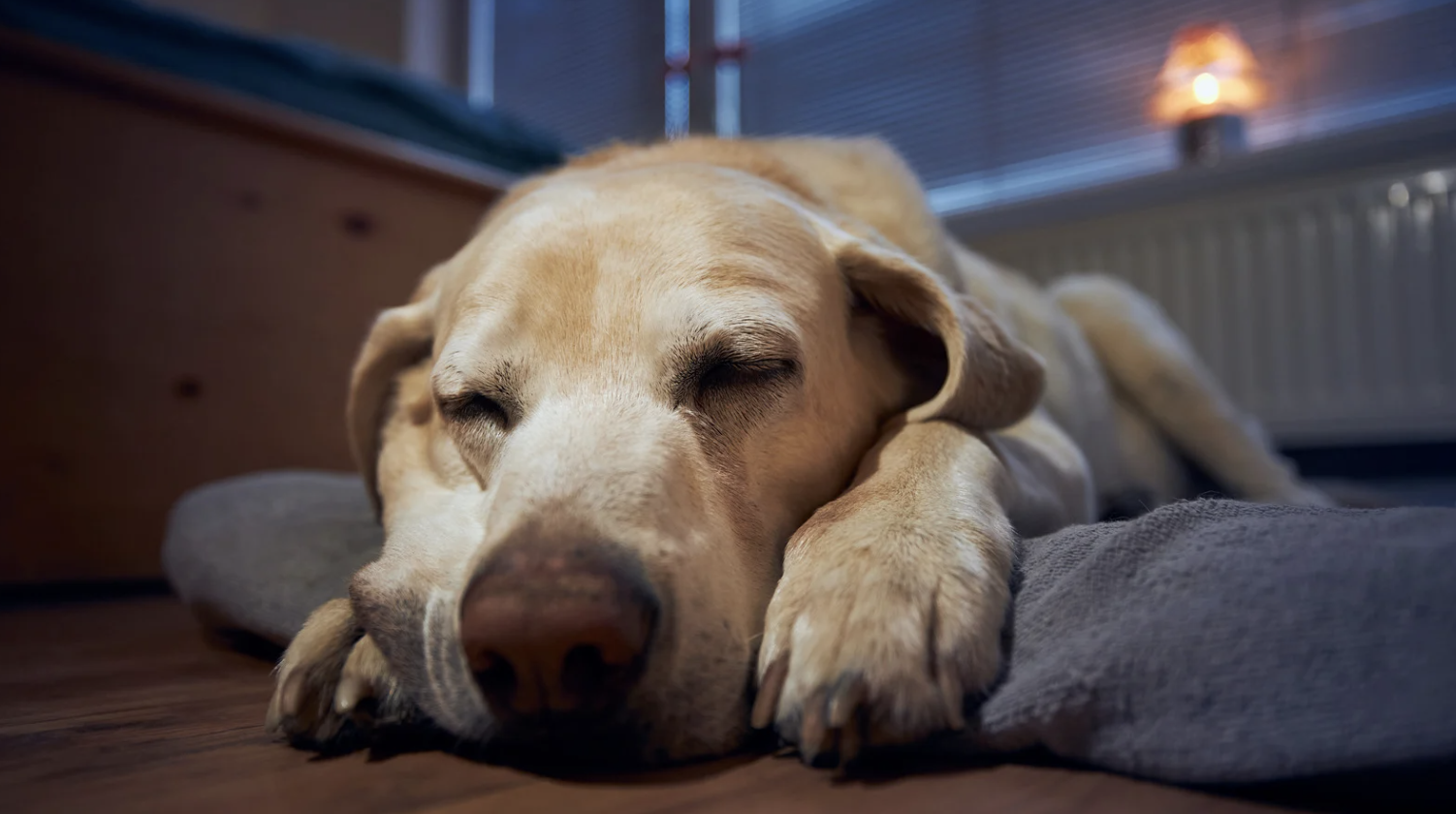
Joint degradation makes everyday movements like jumping or climbing painful. Ramps or stairs can ease access to beds or cars. Look for food or supplements rich in glucosamine, omega-3, and chondroitin. Petsona’s freeze-dried meals are ideal, retaining 90% of nutrients from real meat and fish, which support muscle and joint health naturally.

A senior dog’s digestion slows down, and they may become picky eaters. High-quality, low-fat, low-carb meals with moderate fiber and probiotics support gut health and prevent weight gain. Petsona offers freeze-dried pet food customized for your dog’s life stage, with easy rehydration and great taste, even for the fussiest eaters.

Cognitive dysfunction is common in aging pets, manifesting as confusion, anxiety, or disobedience. Regular mental stimulation, gentle play, and foods rich in antioxidants and brain-boosting ingredients like lion’s mane mushrooms can help. Consistency and routine are especially comforting for dogs experiencing mental decline.
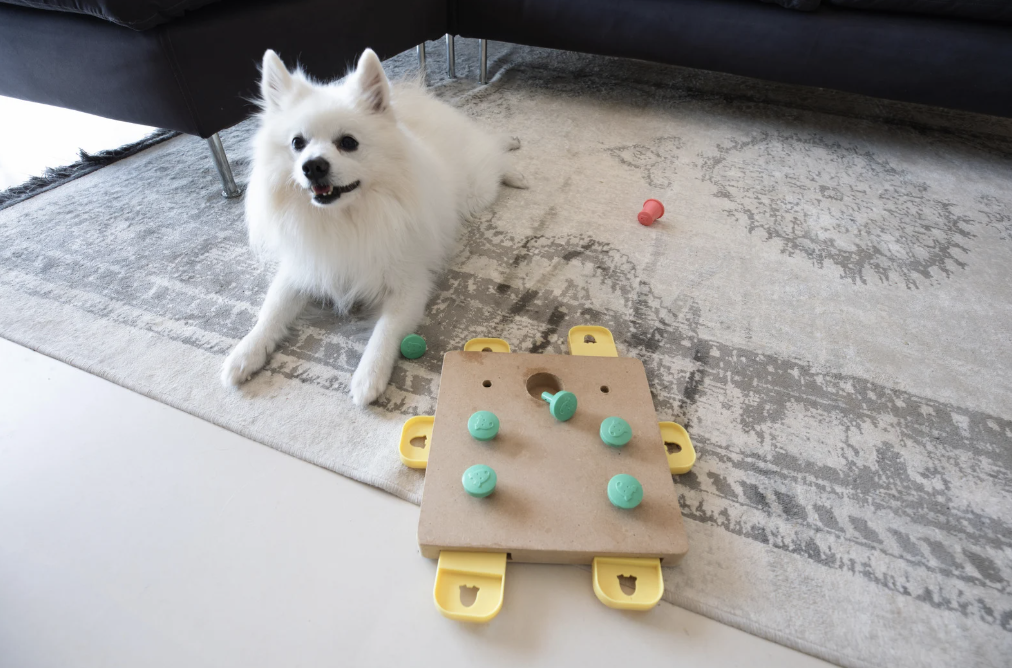
Older dogs age 5–7x faster than humans, making annual health checks essential. Look out for skin growths, tumors, or behavioral changes. Early detection of health issues can lead to better outcomes. Regular grooming also improves circulation and helps spot concerns early.
Caring for senior dogs involves more than love, it requires informed choices about their environment, routine, and especially their diet. This guide covers everything from joint health to vision care, mental stimulation, and tailored nutrition. As metabolism slows and the risk of chronic illness rises, feeding your pet the right nutrients becomes essential. Petsona’s freeze-dried personalized dog meals are designed with senior dogs in mind,offering highly digestible, shelf-stable meals that retain up to 90% of nutrients. Whether you're in Hong Kong or abroad, your senior pet deserves the very best in their golden years.
1. What age is considered "senior" for dogs?
Dogs are generally considered senior at 7 years old for large breeds and 10 for small breeds. However, aging varies depending on breed, size, and health. Signs such as slowed movement, cloudy eyes, and appetite changes may indicate your dog is entering their senior phase. It’s the right time to consult your vet and adjust their diet and routine.
2. What should I feed my senior dog?
Senior dogs need low-fat, moderate-protein, and low-carbohydrate diets that are easy to digest. Meals rich in antioxidants, fiber, and essential nutrients support joint and brain health. Personalized freeze-dried meals like those from Petsona are an excellent option, offering tailored nutrition that supports aging dogs with minimal fuss and maximum nutrition.
